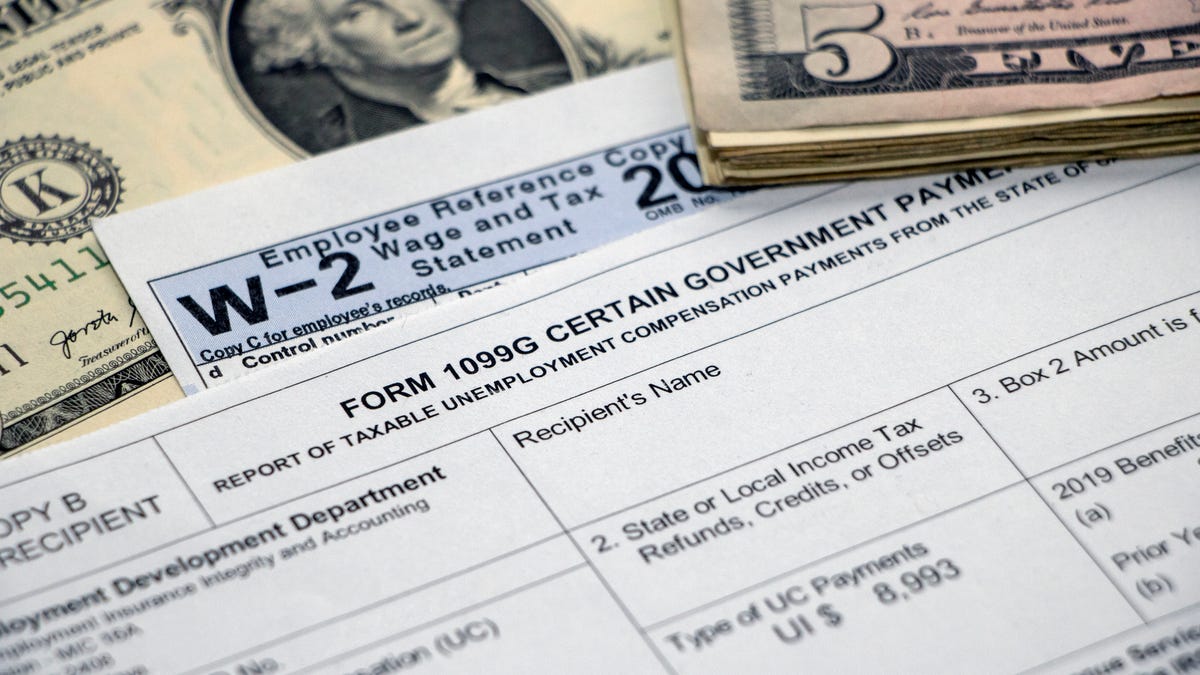IRS Warns of Dangerous New Tax Scam Involving W-2 Forms
"We worry that innocent taxpayers could be at risk of being tempted into falling into a trap," said Acting IRS Commissioner Doug O'Donnell.

A get-rich-quick scheme on social media is encouraging taxpayers to manually fill out a W-2 form with fictional income.
The IRS is warning the public about new tax scams this season, including one encouraging people to defraud the government.
There was more than $5.7 billion in tax fraud in 2022 alone, the IRS said, and illicit schemes are already proliferating in 2023.
One popping up on social media tells people to manually fill out a W-2 form with false income information in order to score a large refund.
According to a March 3 IRS bulletin, filers are encouraged to invent large incomes and withholding figures, make up a fictional employer and submit a return electronically in hopes of getting as much as five figures back from Uncle Sam.
One version of the ploy is directed at self-employed people who have claimed credits for sick leave or family leave using Form 7202. The fraudster urges them to claim a credit based on income earned as a salaried employee, not as someone who's self-employed. (These credits were available for 2020 and 2021 returns to help those impacted by COVID-19, but are no longer applicable.)
Read on: How to Track Your 2022 Tax Return
Another variation tells people to make up household workers and try to claim a refund based on sick leave and family wages they never paid out, using a Schedule H (Form 1040).
"We worry that innocent taxpayers could be at risk of being tempted into falling into a trap that puts them at risk of financial and criminal penalties," Acting IRS Commissioner Doug O'Donnell said in a statement.
At the very least, the agency said, submitting false tax paperwork can result in a $5,000 fine for a frivolous tax return penalty. But there is also the risk of criminal prosecution.
"People should not make up income and try to submit a fraudulent tax return in hopes of getting a huge refund," O'Donnell said. "There is no secret way to get free money."

